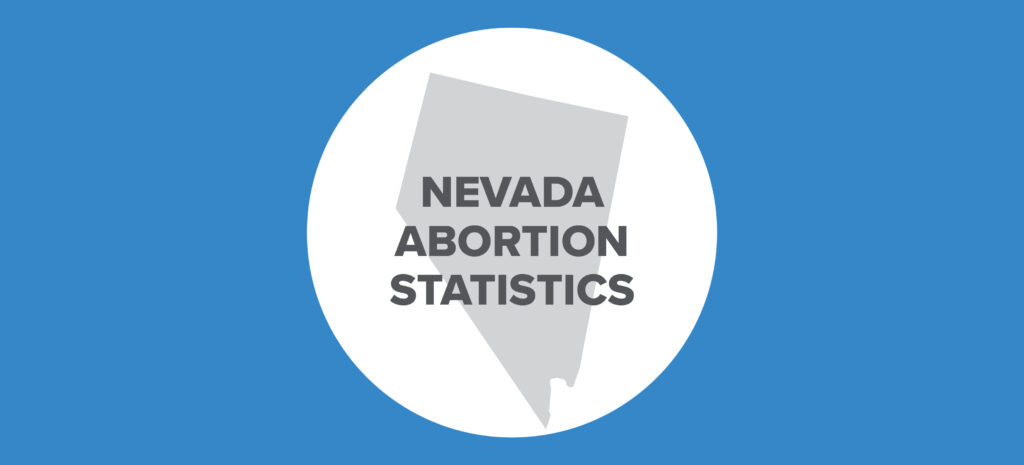Pregnancy Help Centers More Likely to be Welcomed into Neighborhoods Than Planned Parenthood
Pregnancy help centers (PHCs), also known as pregnancy resource or care centers and in the past as crisis pregnancy centers, are more likely to be welcomed than Planned Parenthood facilities into communities across the country, according to a 2014 poll commissioned by the Charlotte Lozier Institute.
Survey respondents were asked, in separate questions, whether as far as they knew there was either a Planned Parenthood facility or PHC currently in their community. To measure desirability, each set of respondents who said there was no such facility was then asked a follow-up question, “Would you like one?”
With respect to Planned Parenthood facilities, 58 percent of respondents said that there is one already (62 percent of females and 54 percent of males). While 18 percent of men and women indicated they would like a Planned Parenthood facility in their community if one did not already exist, 19 percent stated that they would not like one.
Turning to PHCs, 39 percent of respondents said there was currently a PHC in the community (46 percent of females and 31 percent of males). In contrast with the reception of a new Planned Parenthood facility, 42 percent of respondents indicated that they would like to have a PHC if there wasn’t one there at present (11 percent said they would not like one). The kinds of support PHC-type organizations provide and do not provide was clearly described early on in the poll by the statement, “These centers provide free medical services and other support to women with an unexpected pregnancy and encourage them to give birth to their babies. They do not offer or refer women for abortions.”
The high number of those polled who desired a new PHC to assist women in their community (42 percent) sharply contrasts with those favorable to the opening of a new Planned Parenthood (18 percent) and reflects substantially less goodwill towards the self-pronounced women’s health services giant.
There are currently about 700 Planned Parenthood centers in the U.S., and PHCs as described in the poll and affiliated with national associations range closer to 2,500.
The poll administered by QEV Analytics surveyed 1,000 female and 300 male registered U.S. voters aged 18 to 44 years. (The margin of error for females is +/-3.1% and +/- 5.7% for males in the survey.) The sample is likely to be statistically accurate because of its high correlation with the results of other surveys of U.S. adults. A small majority of poll respondents self-identified as pro-choice (48 percent, with 49 percent of females and 46 percent of males), while 44 percent overall identified as pro-life (43 percent of females, 45 percent of males). These figures track with recent national findings which reflect slim pro-life and pro-choice majorities depending on the poll but represent gains over time for the pro-life position.
Additional findings showed that men and women view PHC support as necessary outreach to women. Another survey question posed earlier in the poll asked respondents “how necessary is it that there are organizations providing free services to women with an unexpected pregnancy?” This question was again prefaced by a clear description of PHC abortion alternatives outreach.
An overwhelming 92 percent of women and 88 percent of men answered that they thought PHCs are “very necessary” or “fairly necessary.” Further analysis of this question’s responses showed broad support from both those who self-identified as pro-choice (87 percent) as well as those who self-identified as pro-life (94 percent), regardless of the acknowledgement that PHCs do not offer or refer for abortion and encourage women to give birth. Planned Parenthood did not receive such broad-based support from both pro-life and pro-choice respondents in the poll, suggesting an image advantage for PHCs.
Whether pro-life, pro-choice, female or male, the survey findings show that Americans deem organizations like PHCs offering abortion alternatives as free services a valuable outreach to pregnant women. Other publications have demonstrated the positive impact PHCs make to both maternal and child health due to the presence of thousands of such organizations offering an array of services in communities across the country.
Moira Gaul, MPH is an associate scholar with the Charlotte Lozier Institute.






























